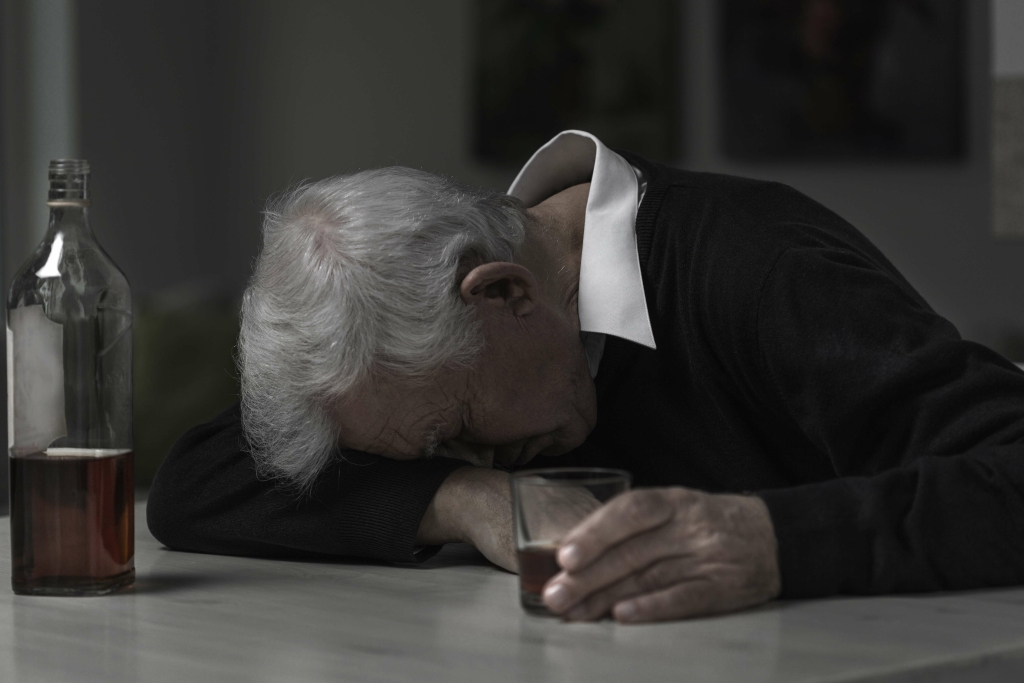For example, major injuries, liver or heart disease, and traumatic brain injuries can increase the risk of developing DTs. Delirium tremens is the most severe form of alcohol withdrawal and requires immediate medical attention as it can be life-threatening. Over time, excessive drinking can lead to dependence – and when you are dependent on alcohol, you feel like you need alcohol to feel ‘normal’. Your body gets used to the changes and finds it difficult to increase GABA effects over time and decrease glutamate levels.
They might start seeing and hearing things that are not there and experience sensations, such as pins and needles. Common medications include benzodiazepines to help treat symptoms like anxiety, insomnia, and seizures. You might also take anti-seizure meds and antipsychotics, along with other drugs.
The Four Types of Drinkers: A Comprehensive Look at Alcohol Consumption Patterns
“Depression is gone, anxiety gone, and all else gone. Didn’t sleep great last night, but tonight will be good.” “It’s been really tough, constant inner voice trying to persuade me just the one-night drinking again would be OK. I have just had to surf the urges, keep busy, and use all my strength.” For many, it’s very difficult to get past the third day of unrelenting shakes and sweats without picking up a drink.
Symptoms suddenly arise out of nowhere and may persist for months making the user again feel the repercussions of alcoholism even after they have not had a drink for a very long time. Nicotine replacement therapy (NRT) products can help some people quit smoking. These products can also change the timeline https://accountingcoaching.online/patients-of-sober-living-centers-are-often-last-to/ for nicotine withdrawal. NRT products typically provide a small amount of nicotine, allowing your body to adjust gradually. The first few days after quitting smoking are the most difficult for many people. These days often have the most severe symptoms and can be the most challenging to navigate.
The Symptoms of Alcohol Withdrawal You’ll Likely Experience
Stage 1 of alcohol withdrawal symptoms, as previously mentioned, can begin just a mere six hours after your last drink. Chances are you have already experienced stage 1 alcohol withdrawal symptoms simply by waking up after a night of drinking. This stage feels very similar to a hangover, however, it is not as harmless as the average hangover typically is. This is because as time progresses and you continue to abstain from alcohol, your symptoms will become more intense and severe. Between 12 and 72 hours, your withdrawal symptoms will begin to peak and can become severe. You may experience symptoms like sweating, confusion, fever, high blood pressure, and rapid heart rate.
- When you stop drinking, various things happen to your mind and body.
- Click here to learn more about helping someone with alcohol use disorder.
- “Tried again today, but it was severe this time—bad shaking, sweating, rapid heartbeat. Instead of going to the hospital or doctor, I tried to wean and reduce for a few days.”
- “Furthermore, consistent use of alcohol to induce sleep only increases the need to use alcohol in the future to get to sleep,” he explains.
People may recognize symptoms of withdrawal when they stop taking or cut back on a substance. Missing your usual morning cup of coffee, for example, might result in symptoms of caffeine withdrawal such as fatigue, headache, and irritability. In some people, the initial reaction may feel like an increase in energy. But as you continue to drink, you become drowsy and have less control over your actions.
Medication for Alcohol Withdrawal
Once you complete treatment, you may opt for counseling and therapy for ongoing support. Some long-term drinkers can also develop nutritional deficiencies that lead to brain damage. BetterHelp can connect you to an addiction and mental health counselor. Alcohol withdrawal is a severe condition that requires professional treatment to manage correctly. When you suddenly remove alcohol from the system, the brain stays stimulated without the depressive effects of withdrawal.

At this time, symptoms really start kicking into gear and intensify. Increased body temperature, high blood pressure, and abnormal heart rate are all common during stage 2, however, their presence makes alcohol withdrawal much more serious. Alcohol withdrawal refers to a group of symptoms that may occur when a person who has been drinking heavily suddenly stops or reduces their alcohol intake. These symptoms in the alcohol detox process can range from mild to severe, and in some cases, they can be life-threatening.
What is Alcohol Withdrawal Syndrome (AWS)?
Because the body usually works to maintain balance, it will signal the brain to make more neurotransmitter receptors that excite or stimulate the central nervous system. It is worth mentioning that nutritional status improvement occurs when someone strop drinking, which is one big reason why people may see How To Flush Alcohol from Your Urine? many of the above improvements with sobriety. Along with anxiety and irritability, you may also experience mood swings when you give up alcohol. Alcohol withdrawal can be managed both as an inpatient or outpatient. In each case, close monitoring is essential as the symptoms can suddenly become severe.
